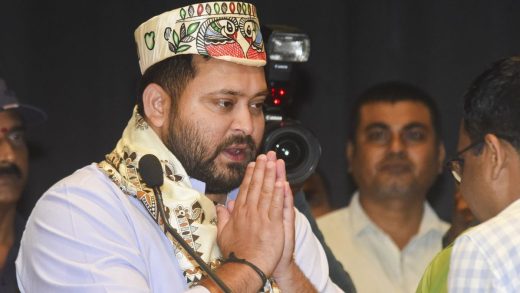María Corina Machado, a human rights activist and political opposition leader in Venezuela who has called Bitcoin a “lifeline” for Venezuelans, received the 2025 Nobel Peace Prize for promoting democracy in the South American country.
Machado praised Bitcoin (BTC) as a pro-freedom technology in a 2024 interview with Alex Gladstein, chief strategy officer at the nonprofit Human Rights Foundation. She said:
“Some Venezuelans found a lifeline in Bitcoin during hyperinflation, using it to protect their wealth and to finance their escape. Today, Bitcoin bypasses government-imposed exchange rates and helps many of our people. It has evolved from a humanitarian tool to a vital means of resistance.
The only way to help Venezuela’s poorest is by ensuring property rights, low inflation, equal access to opportunity, and government,” she said.
Critics have said the Venezuelan opposition movement is a tool of foreign interests. Five Venezuelan opposition leaders met with US secretary of state Marco Rubio in May to discuss plans for regime change in the country, according to The New York Times.
Political activists, resistance movements and individuals facing hyperinflating local fiat currencies with strict currency controls continue to view Bitcoin as a lifeline, allowing these groups and individuals to preserve wealth and circumvent state currency controls.
Related: Jack Dorsey urges tax-free status for ‘everyday’ Bitcoin payments
Peer-to-peer technology as a tool of freedom
Peer-to-peer technology is emerging as a tool for political opposition movements fighting against the monopoly on force wielded by state governments.
The trucker convoy protesters who demonstrated against the Canadian government’s COVID-19 restrictions in 2022 turned to Bitcoin after the government froze their bank accounts and funding sources. A federal judge ruled that the action was unconstitutional.
Canada’s government was also able to seize about five BTC sent to the protesters over centralized channels, according to CBC News.
However, the majority of more than 20 BTC sent to the protesters was never seized by Canadian authorities because it was sent through decentralized, peer-to-peer methods, making the funds immune to confiscation.
In September, protesters in Nepal turned to Jack Dorsey’s Bitchat application, a peer-to-peer encrypted messaging network that uses Bluetooth to form a communication mesh, amid a government shutdown of social media.
Bitchat turns each phone connected through the Bluetooth mesh network into a relay node for messages and does not rely on the internet, meaning it can function during a complete internet blackout.
Magazine: Bitcoin is ‘funny internet money’ during a crisis: Tezos co-founder


